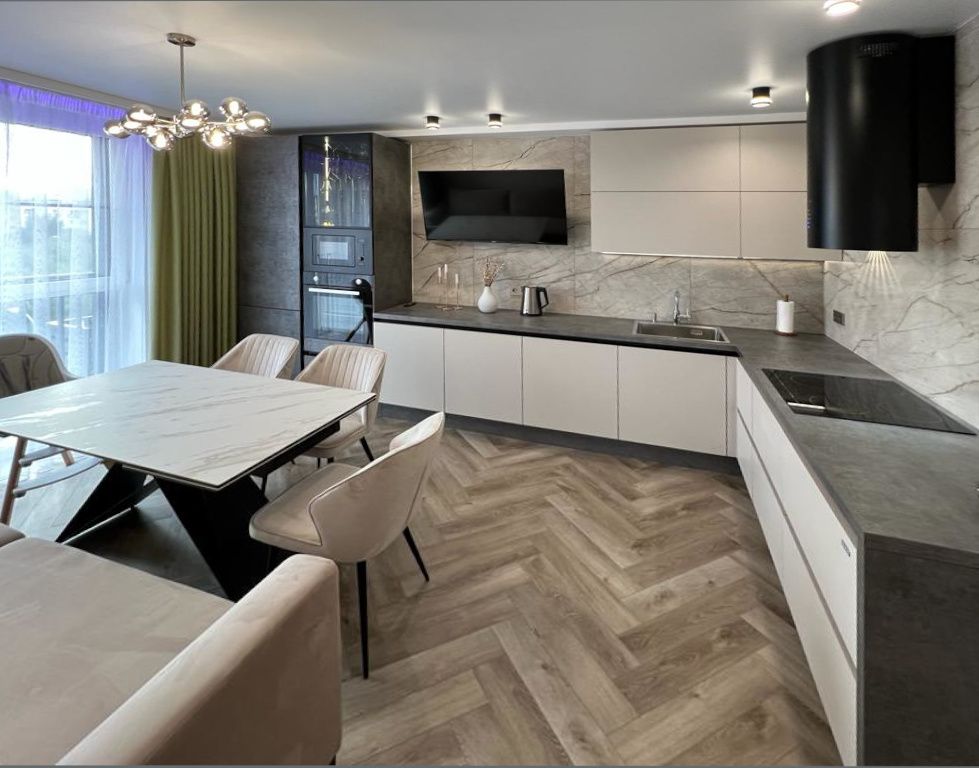
Culinary Spaces Redefined
The Evolution of Kitchen Design
Kitchens have long been the heart of the home, a place for nourishment and gathering. Yet, the evolution of kitchen design has transformed these culinary spaces from merely functional areas to focal points of modern living. Innovative designs, state-of-the-art appliances, and a shift in lifestyle have catalyzed a redefined perspective on the role of the kitchen in our daily lives. With open-plan layouts and multifunctional spaces, the boundaries of the kitchen have expanded, allowing for a blend of cooking, socializing, and entertainment.
Integration of Technology
The infusion of technology into kitchen spaces has revolutionized the way we approach cooking and food preparation. Smart appliances that connect to our phones and voice-activated gadgets allow for a more interactive and efficient cooking experience. Refrigerators that can order groceries, ovens that can be preheated remotely, and coffee machines programmed to have your morning brew ready are just the tip of the technological iceberg. These advancements not only streamline the culinary process but also integrate dining areas into the realm of smart living.
Green Kitchens: Sustainability and Health
As environmental consciousness grows, sustainable practices in kitchen design are becoming increasingly important. Energy-efficient appliances, materials with low environmental impact, and designs that promote recycling and composting are now priorities in modern kitchens. Beyond sustainability, there is a heightened focus on health, with culinary spaces being redefined to accommodate homegrown herbs, vegetable patches, and equipment for preparing health-conscious meals.
Maximizing Small Spaces
Urban living often comes with the challenge of space constraints. This has led to innovative solutions for maximizing the functionality of small kitchen spaces. Transformers, foldable surfaces, and modular units are among the game-changing designs that make the most of limited areas. Multi-purpose islands, retractable appliances, and clever storage solutions enable even the smallest of kitchens to possess both style and utility, ensuring that space is no longer a barrier to a high-performing culinary environment.
Cooking as an Experience
The redefinition of culinary spaces is not only about practicality but also about experience. Cooking is no longer a solitary task, but a communal and enriching experience that is celebrated. Open spaces that invite interaction, countertops designed for cooking classes or social gatherings, and visually appealing utensils and cookware contribute to the theatre of cooking. This experiential approach brings people together and allows the kitchen to serve as a stage for creating memories as well as meals.
Conclusion: The Culinary Space of Tomorrow
Culinary spaces are no longer just rooms for preparing food; they have become an embodiment of lifestyle, innovation, and community. As we continue to redefine what it means to be a kitchen, the spaces will evolve to accommodate changes in society, technology, and our environment. From smart kitchens to sustainability, the culinary spaces of tomorrow are poised to be versatile, interactive, and integral parts of our homes where memories are cooked up, alongside delicious meals.